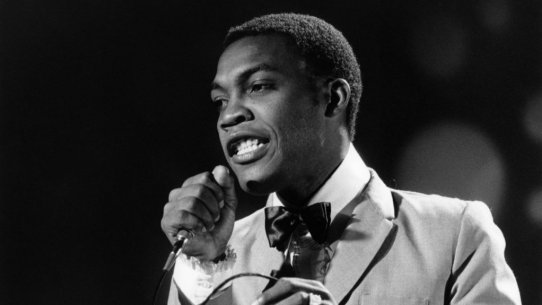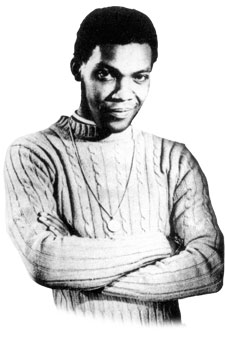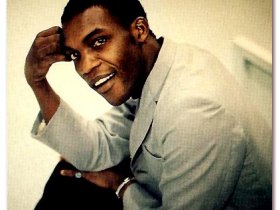
Possibly the best-known Jamaican performer outside of Jamaica before the rise of Bob Marley in the '70's, Dekker was in fact born in Kingston on July 16, 1942, and history has it that he grew up in Seaforth and Danvers Pen, St Thomas, attended Font Hill Primary School there, before returning to Kingston where he worked as a welder. It was with the encouragement of friends that he ended up in the recording studio, and his never-ending relationship with producer Leslie Kong - the Chinese-Jamaican whose Beverley's Records first recorded Bob Marley - until Kong's sudden death in 1971.
Joining with Wilson James and Easton Howard as Desmond Dekker and the Aces, they crafted songs that were pregnant with local slangs rooted in Jamaican everyday realities. They enjoyed enormous success in Jamaica during the mid to late 1960s with these songs, having a formidable run of some 20 top 10 hits for Kong, including Mother Long Tongue, Mother Young Gal, Keep A Cool Head and Wiseman. In addition, they had the second place Festival song of 1967, Unity, and proved it was no fluke by winning the competition the following year with Intensified Festival.
Dekker also became the first Jamaican performer to enter U.S. markets with pure Jamaican music; a feat he was never fortunate to repeat throughout his career. But the real turning point in Dekker's career, came with the release of the enduring archetypal rude boy song, 007 (Shanty Town) in early 1967. Dekker, the writer of almost all his songs, claimed he wrote the song because of the social climate that existed at the time: The years following Independence saw the escalation of crime in the City, perpetrated by rachet-knife-flicking youths termed 'rudeboys'. They operated mainly from inner-city ramshackle dwelling areas in west Kingston, called Shanty Towns. Many were influenced by the James Bond celluloid adventure movies, 007 and Ocean 11, that were popular at the time, hence the title of the song. In the song, Dekker sums up the action in dramatic fashion.Possessing one of the most infectious rhythms to come out of a Jamaican recording studio, 007 (Shanty Town) rose to No.1 on the Jamaican charts in 1967, and peaked at No.12 on the UK charts, making it the first Jamaican-produced record to reach the Top 20 in the UK In the process, it presaged Dekker's emergence as an internationally famous artiste. He continued his incredible run with A It Mek which peaked at No.7 on the UK, charts, and the Jimmy Cliff composition You Can Get It If You Really Want, at No. 2.
Achieving gold record status, Israelites suddenly transformed Dekker
into the biggest star and standard bearer of Jamaican music, bringing to it
(Jamaican music), a popularity and international recognition that it had
hitherto never enjoyed. The success of Israelites is amazing, when due consideration
is given to the almost unintelligible enunciation of its lyrics. It's the
age-old lament of a man struggling to stay alive by honest means.
Until the arrival of Bob Marley and Jimmy Cliff, Dekker remained the most important and influential Reggae artiste on the international scene. He died of a sudden heart attack on May 25, 2006, at age 63.
Rest in Peace King of Ska

Quick Desmond Dekker facts;
*Desmond Dekker says he and Bob Marley learned the welding trade at the same shop.
*Trinidadian guitarist, Lynn Taitt, played the memorable opening chords to 007 (Shanty Town).
*007 (Shanty Town) is one of the songs on The Harder They Come soundtrack.
*Dekker had more success in Britain during
the 1970s and 1980s with updated versions of Israelites.
*Queen Latifah's song, U.N.I.T.Y. (from her Black Reign CD) borrows
heavily from the Desmond Dekker and The Aces song of the same name.













 less
less
 more
more